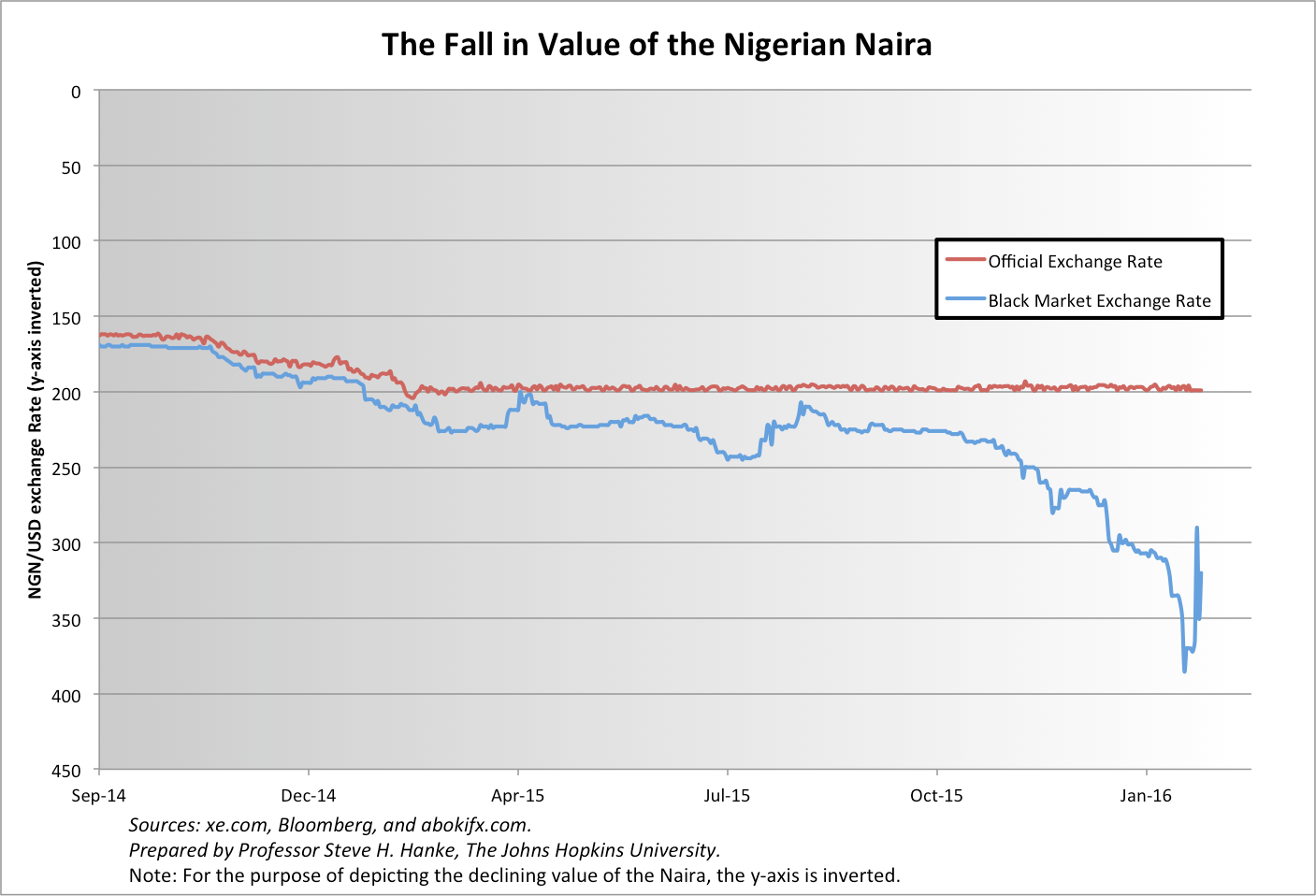Cost Of Funds To Fall As N1.1tr Boost Interbank Market
Cost of funds is expected to fall this week in the interbank money market in response to inflow of N1.05 trillion from maturing treasury bills (TBs).
Last week, cost of funds rose sharply above 20 percent following aggressive liquidity mop up by the Central Bank of Nigeria (CBN) in response to liquidity inflow of N1.47 trillion.
The liquidity inflow comprised statutory allocation funds of N788.14 billion and N684.84 billion from matured TBs.
To mop up the huge liquidity injection, the CBN conducted Open Market Operations (OMO) from Monday to Thursday where it offered N1.6 trillion OMO TBs.
The offers were however undersubscribed with total public subscription at N935.3 billion while the CBN sold N932.7 billion.
As a result short term interest rate rose sharply by over 800 basis points (bpts).
Data from the FMDQ showed that interest rate on Collateralised (Open Buy Back, OBB) lending rose by 776 btpts to 24.33 percent on Friday from 16.57 percent the previous week.
Similarly, interest rate on Overnight lending rose by 872 bpts to 26.08 percent last week Friday from 17.36 percent the previous week. Analysts at Lagos based Cowry Assets Management Limited and Afrinvest Limited projected that the expected inflow of N1.05 trillion billion will lead to downward moderation in cost of funds this week. “In the coming week, OMO of N498.7 billion and T-bills of N551.4 billion maturities are expected to hit the system and as a result, we believe the CBN will sustain the bout of mop ups.
Nevertheless, we expect subscription rates to continue to lag as investors take advantage of more attractive rates at the secondary market. We also anticipate that money market rates will remain within a single digit band”, said Afrinvest analysts.
Meanwhile the naira depreciated to its lowest level this year in the Investors and Exporters (I&E) window due to increased foreign exchange demand by foreign investors.
Data from FMDQ showed that the indicative exchange rate for the window rose to N365.33 per dollar on Friday, the highest level this year, from N364.1 per dollar the previous week.
Furthermore, the volume of dollars traded in the window (turnover) dropped by 15 percent to $1.3 billion last week from $1.4 billion the previous week. Meanwhile the I&E window recorded inflow of $1.98 billion in November, the lowest since August 2017.
This according to analysts at FSDH Merchant Bank indicates foreign investors’ careful approach to investing in Nigeria.
However, the naira appreciated by N6 in the parallel market where the exchange rate dropped to N363 per dollar on Friday from N369 per dollar the previous week, reflecting the impact of the $15,000 additional weekly sale to each bureaux de change (BDC) by the CBN, which commenced last week. Banks’ current account deposits rise by 4.94% in Oct In another development, the CBN revealed that banks current account deposits (demand deposits) rose by 4.94 percent to N9.2 trillion in November.
The apex bank disclosed this in its Depository Corporation survey released last week. The report showed that Broad Money rose by 1.73 percent m-o-m to N25.71 trillion in October 2018.
This resulted from a 6.10 percent m-o-m increase in Net Domestic Assets (NDA) to N16.38 trillion which offset a 0.43 percent m-o-m decrease in Net Foreign Assets (NFA) to N18.74 trillion.
On domestic asset creation, the increase in NDA resulted from an increase of 2.55 percent in Net Domestic Credit (NDC) to N26.63 trillion which was accompanied by 2.67 percent m-o-m fall in Other Liabilities (net) to N10.25 trillion.
Further breakdown of the NDC showed a 14.60 percent m-o-m rise in credit to the government to N3.90 trillion as well as an increase of 0.70 percent in credit to the private sector to N22.72 trillion.
On the liabilities side, 1.73 percent m-o-m rise in Broad Money supply was driven by 4.20 percent m-o-m growth in Narrow Money to N11.13 trillion as Demand Deposits which rose by 4.94 percent to N9.52 trillion was accompanied by a 0.01 percent rise in currency outside banks to N1.61 trillion.
However, Quasi Money (near maturing short term financial instruments) fell by 0.08 percent m-o-m to N14.58 trillion. Reserve Money (Base Money) increased m-o-m by 7.74 percent to N7.33 trillion as bank reserves and Currency in circulation rose m-o-m by 10.97 percent and 1.54 percent to N5.02 trillion and N1.96 trillion respectively.





